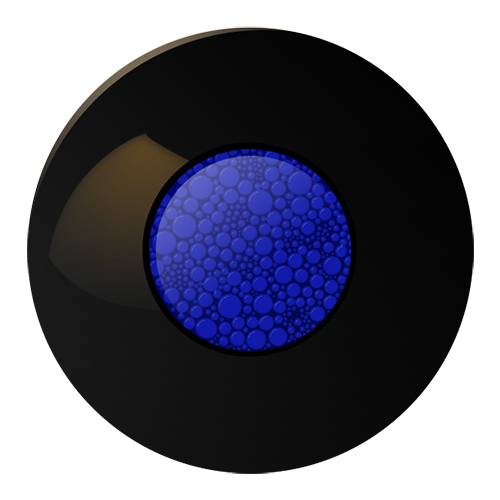A muscle knot is a small, hard, sensitive area within a muscle. It often feels like a pebble under the skin. Muscle knots can be very painful, and may limit your range of motion. They are often caused by repetitive motions or poor posture. Treatment for muscle knots typically includes massage, stretching, and ice. In some cases, dry needling or trigger point injections may be recommended.
How does a muscle knot form?
Muscle knots form when the muscle fibers in an area get tangled together. This can happen due to repetitive motions, poor posture, or injuries. Muscle knots often occur in the shoulders, neck, and lower back. When the muscle fibers are knotted, they can’t slide past each other as easily. This makes the muscle feel hard and sensitive.
What are the symptoms of a muscle knot?
The main symptom of a muscle knot is pain. The pain is often described as a deep ache or cramp. It may be worse when you move the muscle, touch it, or apply pressure. Muscle knots can also cause:
- Limited range of motion
- Muscle weakness
- Muscle fatigue
- Difficulty sleeping
How is a muscle knot diagnosed?
Your doctor will ask about your symptoms and medical history. They will also do a physical exam. In some cases, imaging tests may be recommended to rule out other conditions. These tests may include an MRI or ultrasound.
How is a muscle knot treated?
The goal of treatment is to reduce pain and improve range of motion. Treatment for muscle knots may include:
- Massage: This helps to loosen the muscle fibers and increase blood flow.
- Stretching: This helps to lengthen the muscle and relieve tension.
- Ice: This can help to reduce inflammation and pain.
- Dry needling: This is a type of acupuncture that can help to release the muscle knots.
- Trigger point injections: This is a type of injection that can help to reduce pain.
Muscle knots often go away on their own with self-care. If your symptoms are severe or don’t improve, your doctor may recommend physical therapy.


